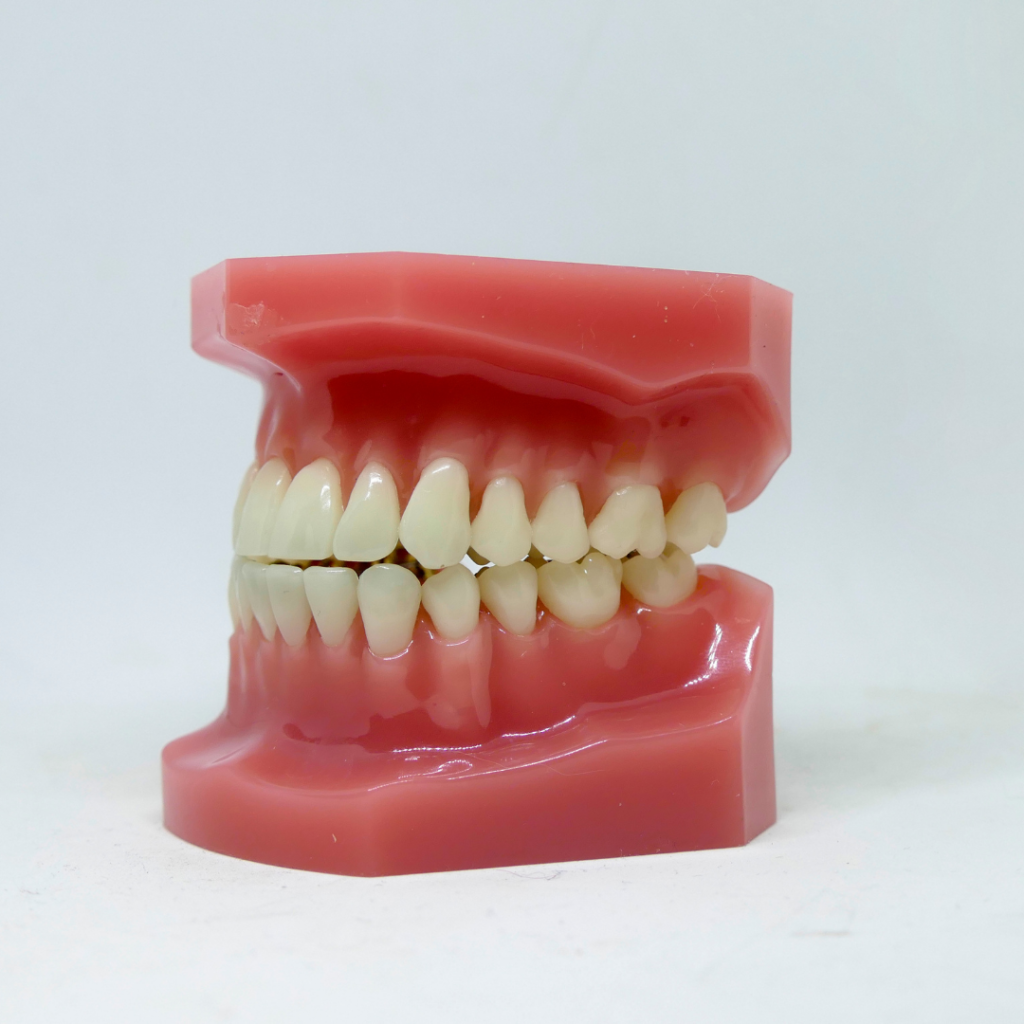Periodontology

Gum Health
Gum health is crucial for overall oral and body health. Periodontology is a branch of dentistry focused on the diagnosis, treatment, and prevention of gum diseases. This field not only addresses the gums but also includes the tissues that support the teeth and dental implant procedures. Healthy gums are the foundation of strong teeth, and untreated gum issues can lead to numerous problems, including tooth loss and serious systemic diseases. In this article, we will explore what periodontology is, how gum diseases are treated, and why maintaining gum health is so important. Additionally, you will find answers to common questions.
What Is Periodontology?
What Is Periodontology?
Periodontology is a branch of dentistry that specializes in the diagnosis, treatment, and prevention of gum diseases. This field addresses issues related to the gums, alveolar bone, and periodontal ligament, which support and surround the teeth. Periodontology also includes the placement of dental implants for the treatment of missing teeth. Gum health is critical not only for oral health but also for overall body health. Untreated gum problems can lead to tooth loss, jawbone resorption, and even systemic health issues like heart disease.
Who Is a Periodontist and What Do They Do?
A periodontist is a dentist who specializes in gum diseases and the tissues supporting the teeth. Periodontists diagnose and treat all issues related to gum health. Their primary responsibilities include:
Treatment of Gum Diseases: Diagnosis and treatment of conditions like gingivitis (gum inflammation) and periodontitis (advanced gum disease).
Non-Surgical Procedures: Deep cleaning methods such as scaling and root planing.
Surgical Interventions: Surgical procedures like gum grafts, bone grafts, and pocket reduction surgeries for advanced gum recession or bone loss.
Dental Implant Placement: Placement of implants for missing teeth and maintaining the health of surrounding tissues.
How Is Periodontitis (Advanced Gum Disease) Treated?
Periodontitis is an advanced stage of gum disease that can lead to permanent tooth loss if left untreated. Treatment methods vary depending on the severity of the disease:
Non-Surgical Treatments
Scaling and Root Planing: Cleaning plaque and tartar below the gum line, smoothing the root surfaces.
Antibiotic and Antimicrobial Treatments: Use of local or systemic medications to control infection.
Surgical Treatments
Pocket Reduction Surgery: Cleaning deep gum pockets and reducing their size.
Soft Tissue Grafting: Grafting to replace lost tissue in cases of gum recession.
Bone Grafting: Rebuilding the jawbone in cases of bone loss.
Why Is Gum Health So Important?
Gums are essential structures that keep teeth securely in the mouth. Healthy gums are not only necessary for an aesthetic smile but also for overall health. Periodontal diseases can cause inflammation in the body, leading to serious health issues such as diabetes, heart disease, and even preterm birth. Therefore, maintaining gum health and treating potential problems early is crucial.
Tips for Maintaining Gum Health
Brush your teeth at least twice a day and use dental floss.
Visit your dentist regularly for check-ups.
Avoid smoking, as it can trigger gum diseases.
Adopt healthy eating habits and stay away from sugary foods.
Periodontology helps improve both oral and overall health by preserving gum health. Remember, healthy gums are the foundation of a healthy life!
#F.A.Q.

